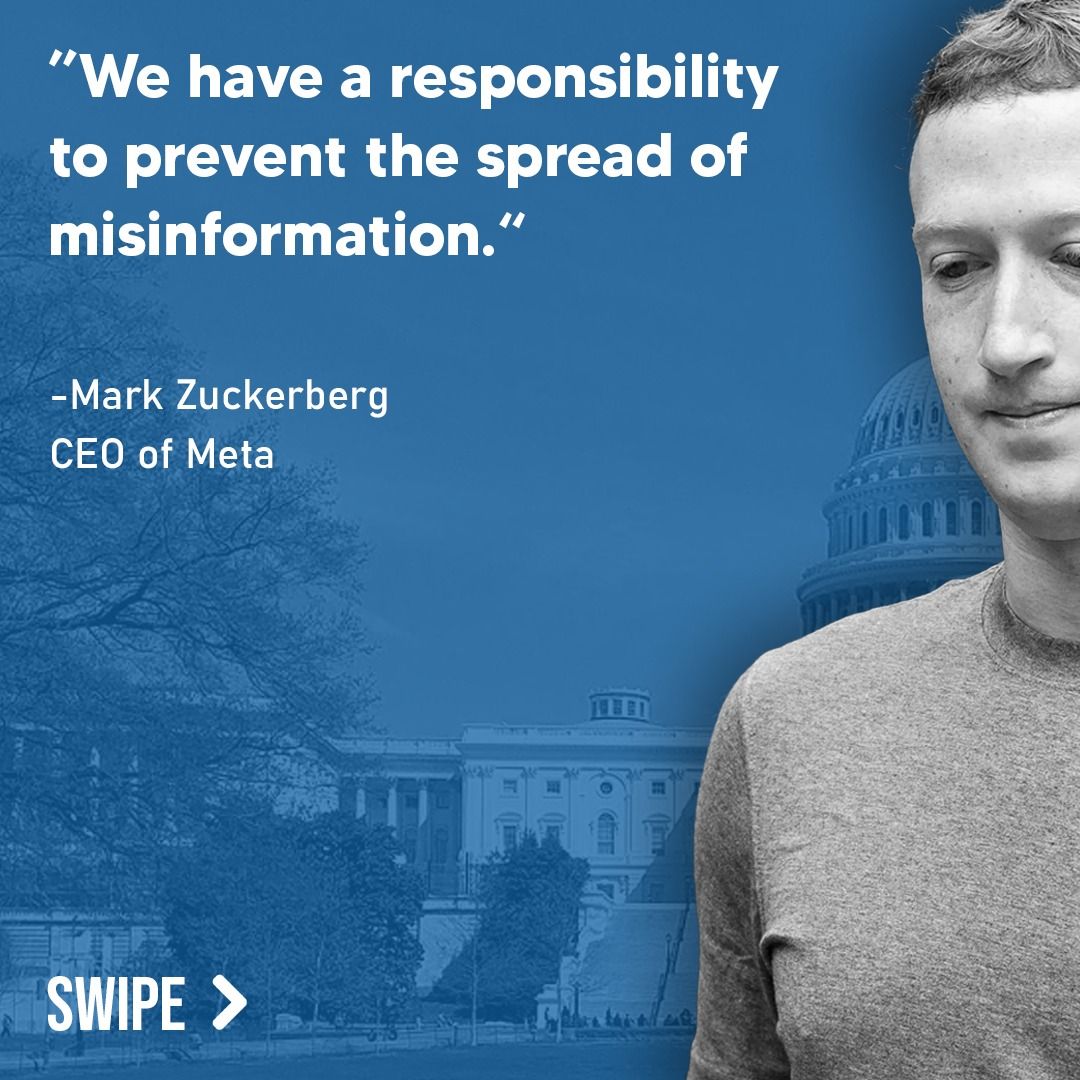
Introduction
The article from CNN discusses former President Donald Trump’s threat to impose a 200% tariff on European alcohol in response to the European Union’s retaliatory tariffs on U.S. steel and aluminum. With the rapid escalation of trade tensions, some readers have questioned whether Trump is portraying this as a victory for American alcohol producers or if this is another instance of economic uncertainty.
Historical Context
Trade disputes between the U.S. and the European Union have a long history. A similar trade war occurred during Trump’s first term, where tariffs were applied to steel, aluminum, and agricultural products. The EU and U.S. have also had previous disputes over alcohol tariffs, including a battle over subsidies for Airbus and Boeing that led to tariffs on European wines. These tensions have periodically strained diplomatic and economic relations.

Fact-Checking Key Claims
Claim #1: Trump Threatened a 200% Tariff on EU Alcohol
The article accurately reports Trump’s statement on Truth Social, where he explicitly mentioned a 200% tariff on wines, champagnes, and other European alcohol unless the EU removed its 50% tariff on American spirits. This statement is verifiable and aligns with past trade strategies Trump has pursued. There is no misinformation in this claim.
Claim #2: The U.S. Alcohol Industry Will Benefit from the Tariffs
Trump’s assertion that these tariffs will be “great for the Wine and Champagne businesses in the U.S.” is misleading. While tariffs could theoretically encourage domestic alcohol purchases, trade experts caution that retaliatory measures often backfire. The reaction from industry representatives suggests concern rather than enthusiasm, with organizations like the Distilled Spirits Council warning that such tariffs could be damaging. Historical patterns from previous trade wars indicate that these measures often harm both sides rather than providing a clear benefit.

Claim #3: The European Union’s Tariffs Were a Retaliatory Measure
The article states that the EU’s 50% tariff on U.S. spirits was a direct response to Trump’s initial steel and aluminum tariffs. This is supported by official EU statements, which label the tariffs as “swift and proportionate” retaliation. Trade conflicts typically involve reciprocal tariffs, making this claim factually correct. However, the article does not fully explore the EU’s rationale for targeting specific industries.
Claim #4: These Tariffs Could Eliminate the U.S. Market for European Wine
The article includes a quote from an economics professor suggesting that a 200% tariff would “drive imports of French wine to zero.” While such a tariff would drastically reduce imports, it is an exaggeration to claim that it would eliminate them entirely. Historical data from similar disputes suggests that import levels would dramatically decline but would not necessarily vanish. The claim lacks full context, as some high-end consumers and businesses willing to pay the higher costs may still import European wine.

Conclusion
The CNN article provides an overall accurate summary of the current trade dispute, citing verifiable statements and economic implications. However, it includes some missing context and leaves out details on potential counterarguments in favor of tariffs. The framing of Trump’s statements and policies leans toward skepticism, with language emphasizing possible economic dangers rather than multiple perspectives on the issue. While largely factual, the article could have provided more balanced viewpoints.
Encourage Readers to Take Action
Want to stay informed and fight misinformation? Download the DBUNK app today and get fact-checks on the latest news!

Link to Original Article

